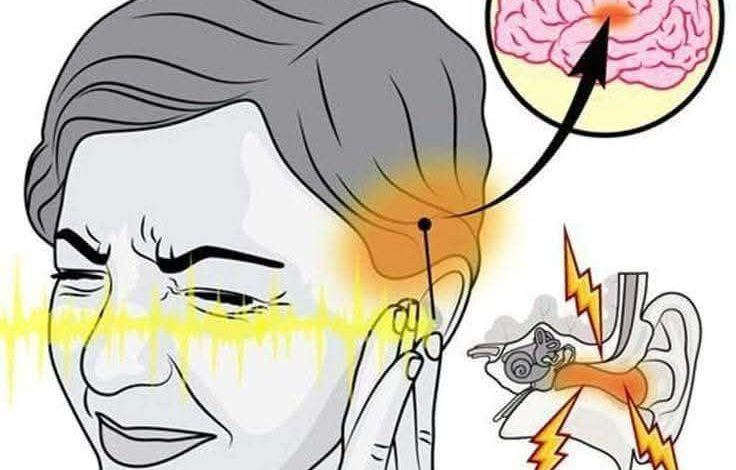Ringing in your ears can be super annoying, right? It’s called tinnitus, and it can happen for a bunch of reasons, like exposure to loud noises or stress.
If it keeps bothering you, it might be a good idea to chat with a professional about it. But hey, let’s focus on something more fun!
So, tinnitus is that ringing or buzzing sound you might hear in your ears, and it can definitely be distracting. Some common causes include being around loud noises, ear infections, or even just stress. It can also be linked to things like age or certain medications.
While it’s usually not serious, if it’s persistent or affecting your daily life, it’s a good idea to see a healthcare professional. They can help figure out what’s going on and suggest ways to manage it.
Tinnitus is often described as a ringing, buzzing, hissing, or clicking sound that isn’t caused by an external source. Here are some key points about it:
Types of Tinnitus: There are two main types – subjective tinnitus, which only the person can hear, and objective tinnitus, which can sometimes be heard by a doctor during an examination.
Causes: Common causes include:
Exposure to Loud Noises: Prolonged exposure to loud sounds can damage the hair cells in the inner ear, leading to tinnitus.
Hearing Loss: Age-related hearing loss is a frequent contributor.
Ear Blockages: Wax buildup, ear infections, or fluid can affect hearing and cause tinnitus.
Health Conditions: Conditions like Meniere’s disease, acoustic neuroma, or even high blood pressure can lead to tinnitus.
Medications: Certain medications, especially high doses of aspirin or antibiotics, can have tinnitus as a side effect.
Symptoms: The primary symptom is the perception of sound in the absence of external noise. This can vary in pitch and volume and may be constant or intermittent.
Diagnosis: A healthcare professional may conduct a physical exam, hearing tests, and imaging tests to determine the underlying cause.
Treatment: While there’s no one-size-fits-all cure, treatments can include:
Sound Therapy: Using background noise or white noise to mask the ringing.
Cognitive Behavioral Therapy (CBT): This can help manage the emotional response to tinnitus.
Medications: Sometimes, medications can help reduce the severity of symptoms.
Management: Lifestyle changes like reducing stress, avoiding loud noises, and using hearing protection can help manage tinnitus.
Tinnitus can be a sign of an underlying condition, so if it persists, it’s important to seek professional advice.

